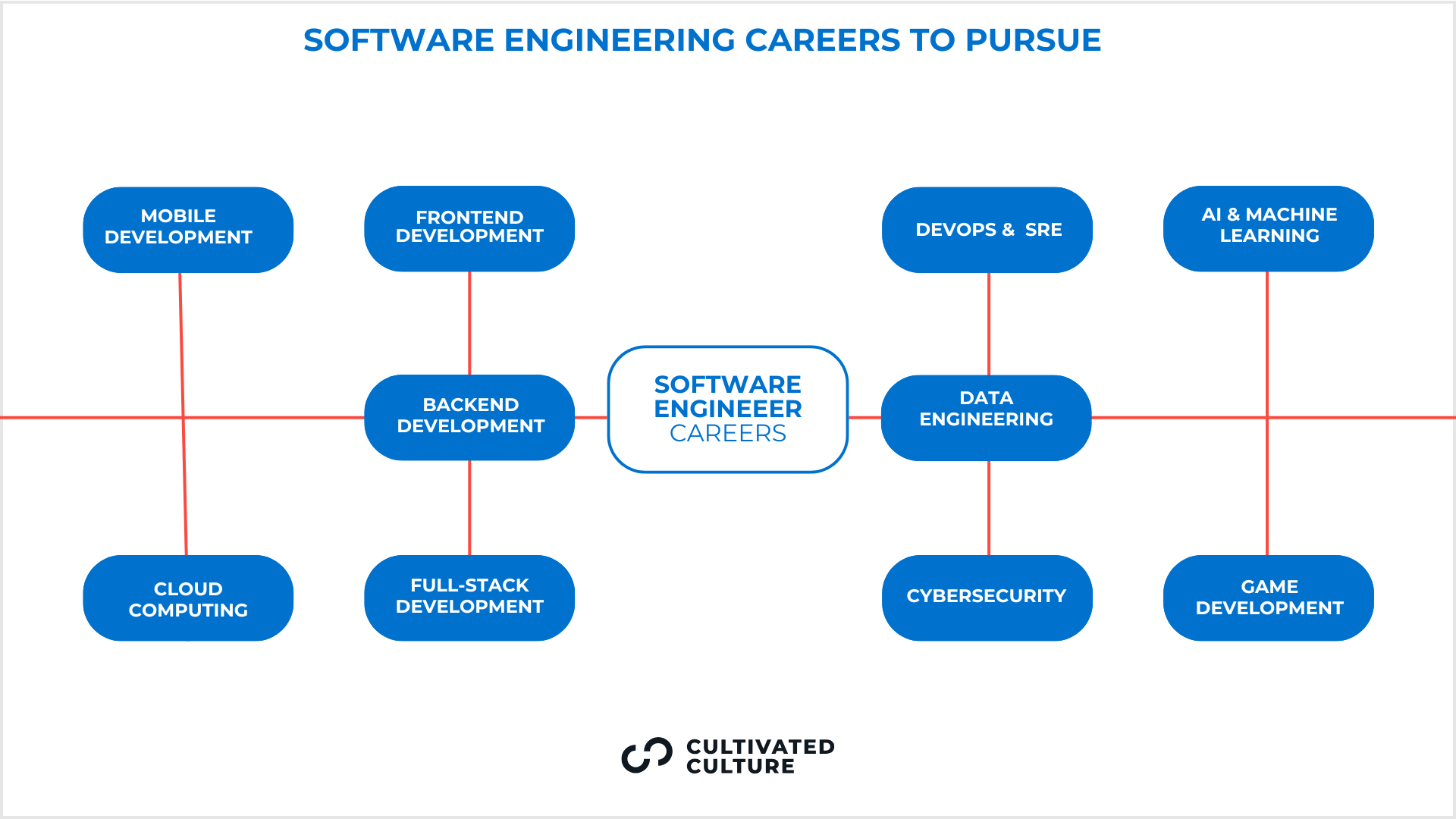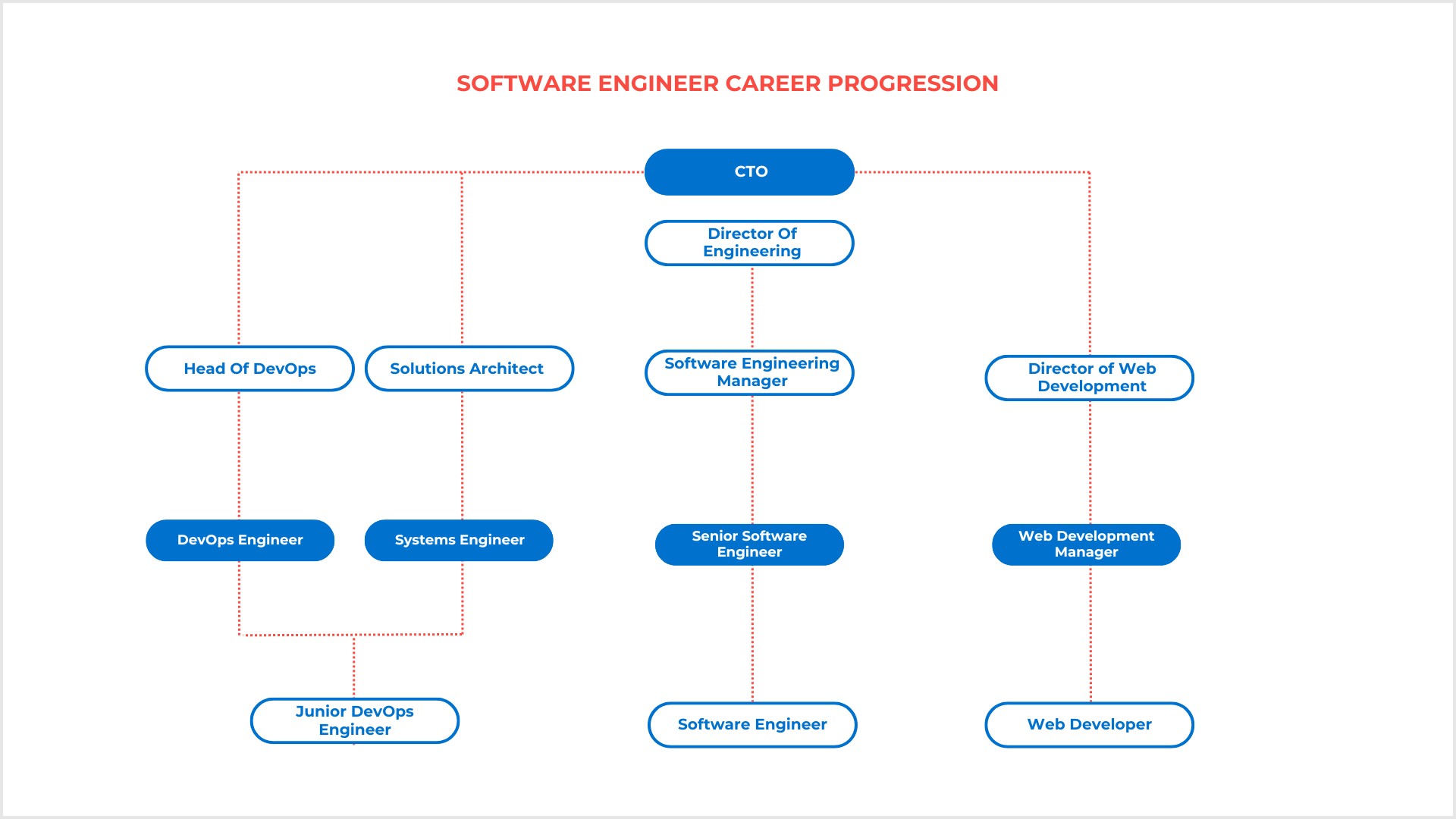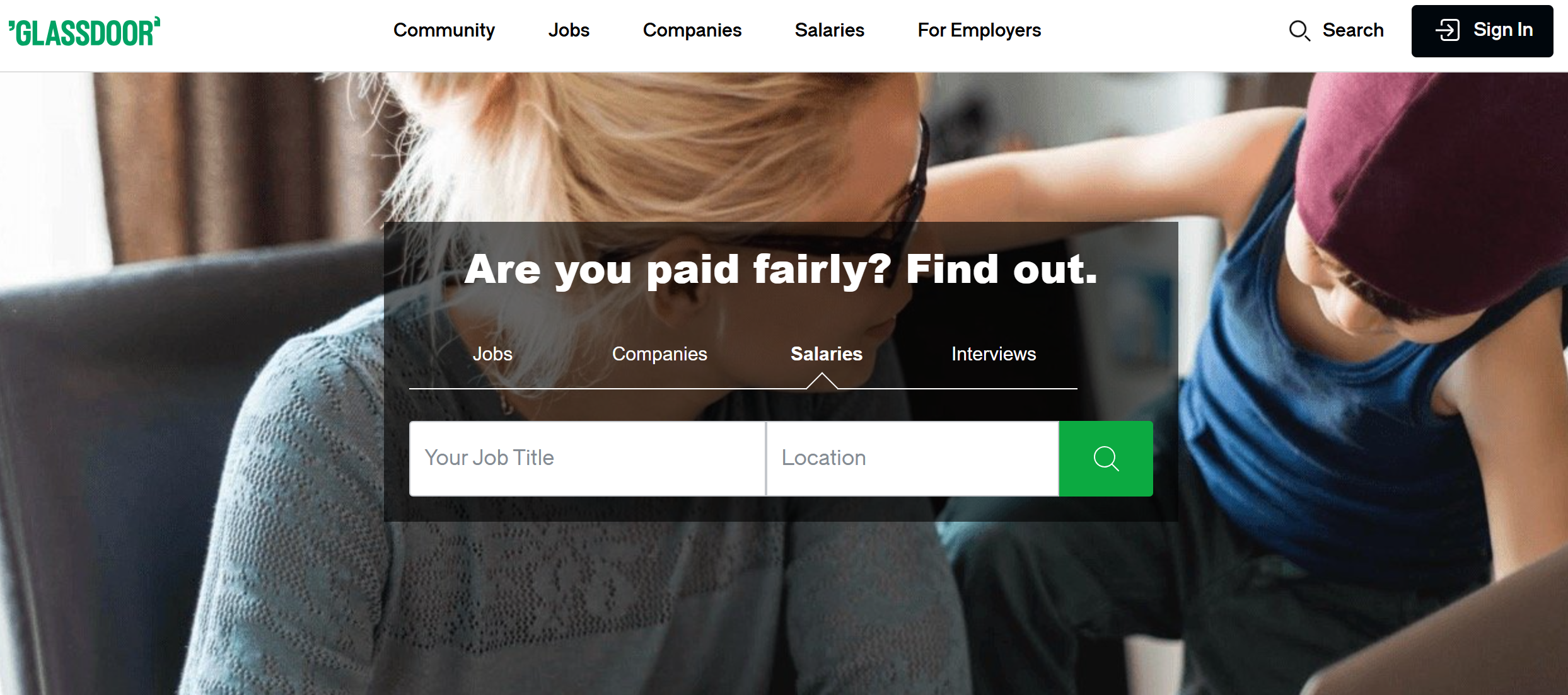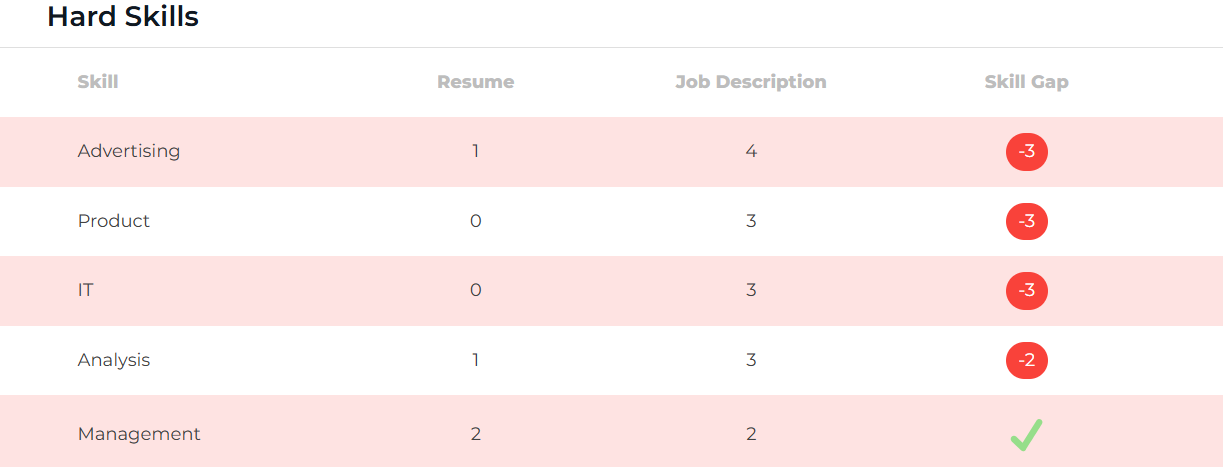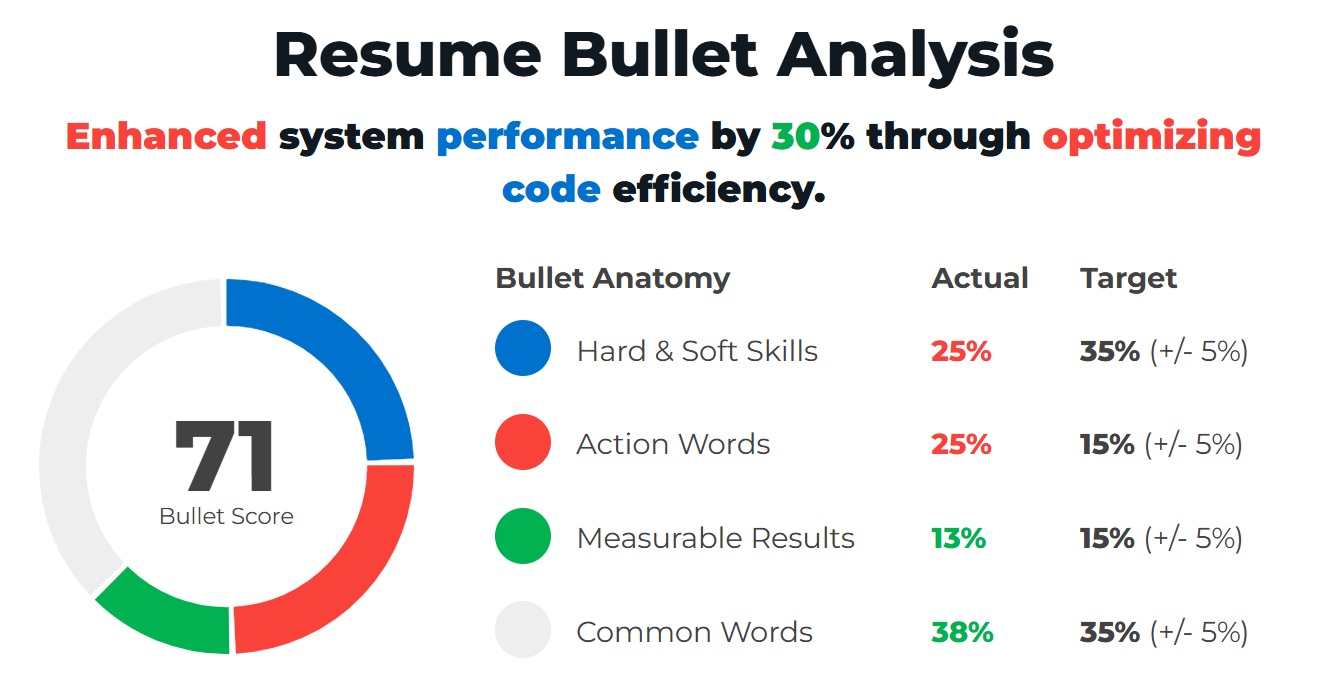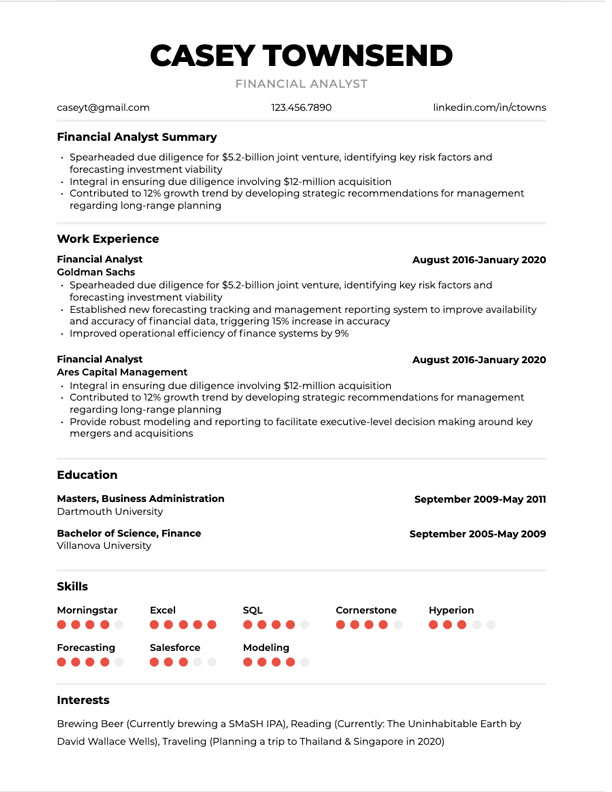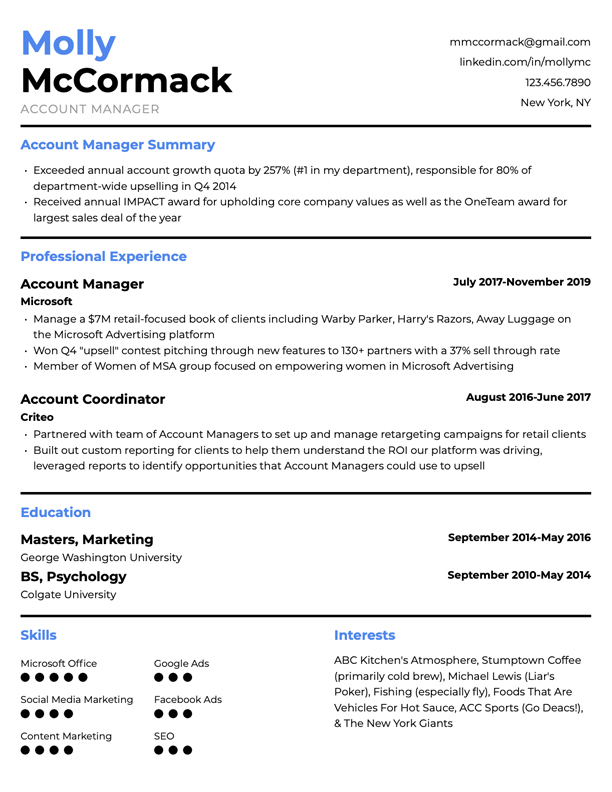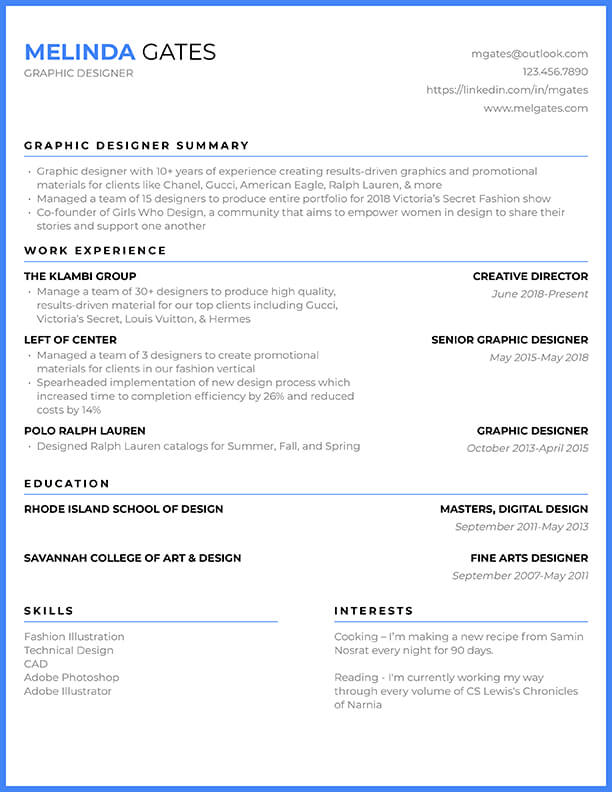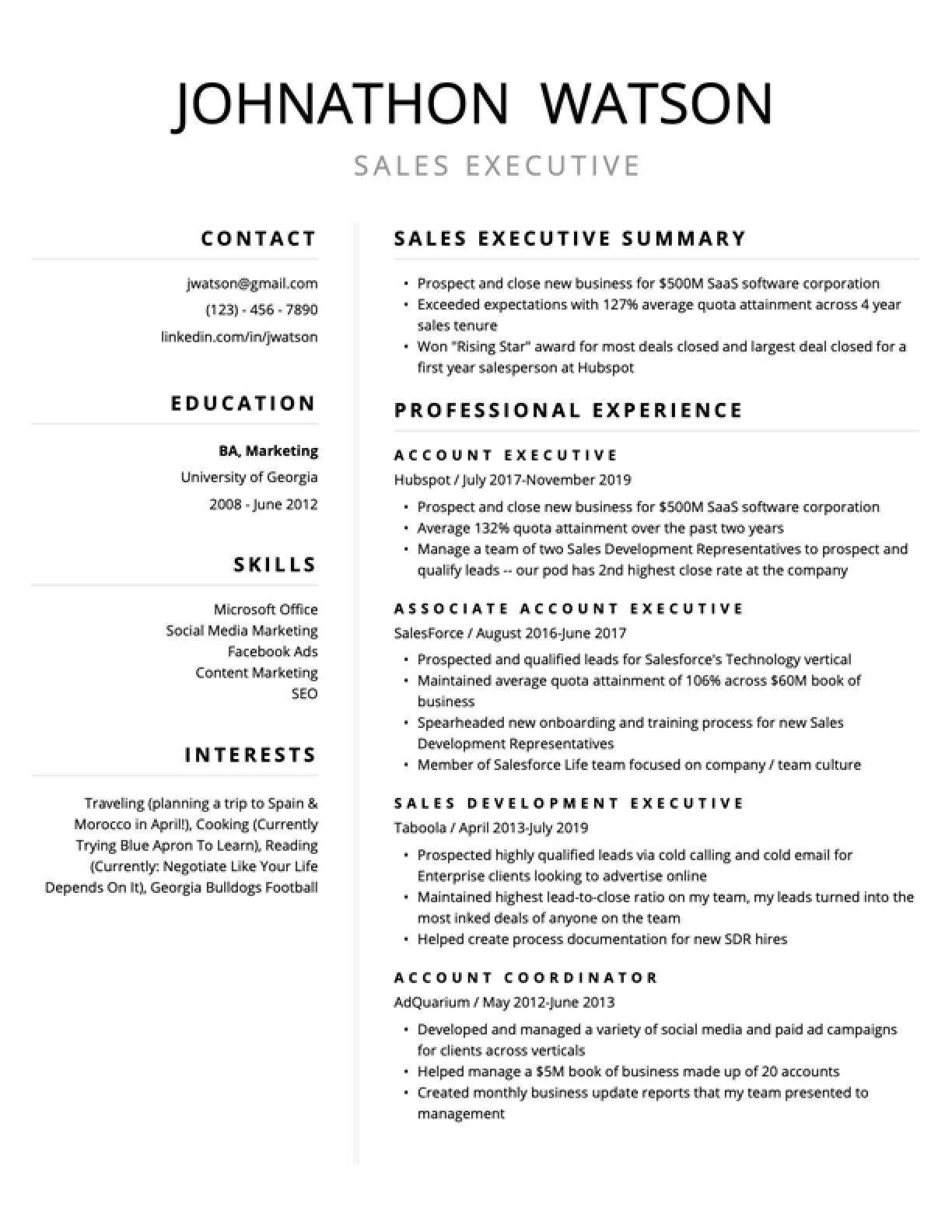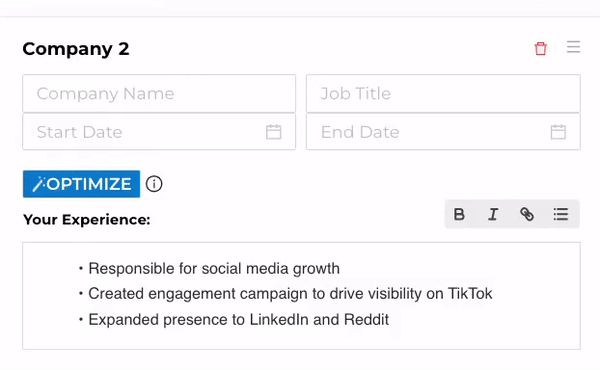So you decided to pursue a career path as a software engineer and are curious about what your career may look like in a few years?
Or, maybe, you're still deciding if a software engineer career path is the right track for you.
Either way, we've got you covered! In this article, we'll be sharing:
- Software Engineer Careers To Pursue
- The Software Engineer Career Path: Roles, Skills, & Progression
- Software Engineer Salaries (Entry-Level, Mid-Level, & Senior Level)
- Level-Up Your Game: How To Step Into A New Software Engineer Role
Software Engineer Careers To Pursue
There are several different career opportunities you can explore in the software engineering field. However, different industries might require more expertise in specific areas.
For example:
- A software engineer role at a tech startup might focus heavily on developing new applications, optimizing existing software, and integrating systems to drive innovation and efficiency.
- A software engineer role at a healthcare company could emphasize developing secure and compliant software solutions, managing patient data systems, and improving telehealth technologies to enhance patient care.
- A software engineer role at a finance firm could offer opportunities to build financial platforms, implement security protocols, and design algorithmic trading systems to support financial transactions and data analysis.
Not all companies will demand every specialty, but every specialty has a place within many different companies!
So, if you're thinking about which software engineer career you should pursue, it might be a good idea to first consider what kind of company you would like to work for.
Maybe you'd like to work for a company in big tech.
Maybe you're aiming for a recognized brand in healthcare.
Or, maybe, you'd like to join a startup.
You will find different software engineering opportunities with different scopes and setups. Having clarity about where you'd like to be within a certain time frame is key to deciding which path is right for you.
Most skills you need for a software engineering career are transferable across different roles, industries, and companies. The purpose of the exercise is so you can look at the opportunities on your horizon and decide where you'd like to be in the short term and eventually down the road!
💡 Pro Tip:
If you're struggling to find out where you'd like to be, check out the article “What Should I Do With My Life? A Step-By-Step Guide” and read it from top to bottom. If “software engineering” still feels like the right path, head back here and continue reading!
Once you've made up your mind on your career path, it's time to understand what roles might be a good fit for you.
The Software Engineer Career Path: Roles, Skills, & Progression
We've selected the most common software engineer roles for each level and their job descriptions. Take a look below!
Entry-Level Software Engineer Roles
Most people begin their software engineer careers in roles like:
Software Engineer
This role offers broad exposure to different software development activities and doesn't usually require extensive experience.
📝 Software Engineer Job Description: Responsible for designing, coding, testing, and maintaining software systems to meet client and project requirements.
✅ Skills Required: Proficiency in programming languages such as Java, Python, or C++, understanding of software development methodologies, and familiarity with database management.
⬆️ Possible progression: Software Engineers can progress into a Senior Software Engineer role.
Junior DevOps Engineer
This role requires a basic understanding of development and operations, including continuous integration and continuous deployment (CI/CD) practices.
📝 Junior DevOps Engineer Job Description: Responsible for assisting in the automation of software development and deployment processes.
✅ Requirements: Knowledge of scripting languages, familiarity with deployment tools and cloud platforms, and strong problem-solving skills.
⬆️ Possible progression: Junior DevOps Engineers can progress into a DevOps Engineer or Systems Engineer role.
Web Developer
This role generally requires proficiency in web technologies and the ability to build functional and aesthetically pleasing websites.
📝 Web Developer Job Description: Responsible for designing, coding, and modifying websites, from layout to function, according to client specifications.
✅ Requirements: Proficiency in HTML, CSS, JavaScript, experience with frameworks such as React or Angular, and strong communication skills.
⬆️ Possible progression: Web Developers can progress into a Web Development Manager role.
Mid-Level Software Engineer Roles
As you gain experience, mid-level roles often involve more responsibility and the opportunity to lead projects or teams. Some common mid-level software engineer roles include:
Senior Software Engineer
At this level, professionals are responsible for overseeing complex software development projects, guiding junior engineers, and communicating key insights to stakeholders.
📝 Senior Software Engineer Job Description: Responsible for leading software development initiatives, designing high-performance systems, and providing technical guidance to development teams.
✅ Skills Required: Advanced programming skills, software architecture knowledge, and strong leadership abilities.
⬆️ Possible progression: Senior Software Engineers can advance to roles like Software Engineering Manager.
DevOps Engineer
This role is more specialized than entry-level roles and requires the ability to streamline software development and operation processes.
📝 DevOps Engineer Job Description: Responsible for implementing automation tools, managing CI/CD processes, and ensuring the scalability and security of applications.
✅ Skills Required: Proficiency in deployment automation, knowledge of cloud services, and strong project management skills.
⬆️ Possible progression: DevOps Engineers can progress to roles like Head of DevOps.
Systems Engineer
Systems Engineers design, implement, and manage complex computer systems to ensure they meet an organization’s operational needs. They bridge the gap between hardware, software, and network systems, ensuring seamless integration and functionality.
📝 Systems Engineer Job Description: Responsible for analyzing system requirements, configuring and maintaining systems, troubleshooting issues, and ensuring system security and scalability.
✅ Skills Required: System architecture, problem-solving, knowledge of operating systems, network protocols, and cloud computing expertise.
⬆️ Possible progression: Systems Engineers can progress to roles such as Solutions Architect.
Web Development Manager
Web Development Managers oversee the planning, execution, and delivery of web-based projects. They manage web development teams, ensure adherence to project timelines, and maintain the quality and functionality of websites and web applications.
📝 Web Development Manager Job Description: Responsible for leading web development teams, coordinating front-end and back-end tasks, optimizing website performance, and ensuring projects align with business goals and technical requirements.
✅ Skills Required: Leadership, project management, expertise in web technologies (HTML, CSS, JavaScript, and frameworks), UX/UI knowledge, and communication skills.
⬆️ Possible progression: Web Development Managers can advance to roles such as Director of Web Development or Chief Technology Officer (CTO).
Senior-Level Software Engineer Roles
Senior-level roles often involve leadership and management skills. Some common roles include:
Software Engineering Manager
Software Engineering Managers are responsible for shaping the overall software development strategy and ensuring that all engineering efforts align with the company's objectives.
📝 Software Engineering Manager Job Description: Responsible for leading the software engineering team, overseeing complex development projects, managing large codebases, and ensuring the delivery of high-quality software solutions to stakeholders.
✅ Skills Required: Leadership, project management, software development lifecycle expertise, and strong communication skills.
⬆️ Possible progression: Software Engineering Managers can move up to roles such as Director of Engineering.
Head of DevOps
The Head of DevOps leads the DevOps strategy within an organization, focusing on optimizing the software development lifecycle by integrating development and operations teams. They drive automation, ensure reliable deployments, and foster a culture of continuous improvement.
📝 Head of DevOps Job Description: Responsible for defining and executing DevOps strategies, managing CI/CD pipelines, ensuring system reliability and scalability, and mentoring DevOps teams.
✅ Skills Required: Leadership, expertise in CI/CD tools, cloud infrastructure management, scripting, and a deep understanding of development and operations processes.
⬆️ Possible progression: The Head of DevOps can transition to roles such as VP of Engineering, Chief Technology Officer (CTO), or Chief Information Officer (CIO).
Solutions Architect
Solutions Architects design and implement technical solutions that address business needs while ensuring alignment with organizational goals. They act as a bridge between business requirements and technical execution, defining the architecture of systems and integrations.
📝 Solutions Architect Job Description: Responsible for analyzing business needs, designing scalable and efficient solutions, collaborating with stakeholders, and ensuring the implementation aligns with architectural guidelines.
✅ Skills Required: System design, cloud architecture expertise, strong analytical skills, communication, and knowledge of multiple programming languages and frameworks.
⬆️ Possible progression: Solutions Architects can advance to roles such as Enterprise Architect, Chief Architect, or Chief Technology Officer (CTO).
Director of Web Development
Directors of Web Development oversee the strategic planning and execution of web initiatives across an organization. They ensure the development team's efforts align with long-term business goals and deliver optimal web solutions.
📝 Director of Web Development Job Description: Responsible for setting web development strategies, managing multiple teams, ensuring project delivery, maintaining web performance and security, and aligning web initiatives with overall business objectives.
✅ Skills Required: Leadership, strategic planning, advanced web development knowledge, team management, and strong communication skills.
⬆️ Possible progression: Directors of Web Development can move up to roles such as Vice President of Technology, Chief Technology Officer (CTO), or Chief Digital Officer (CDO).
Software Engineer Salaries (Entry-Level, Mid-Level, & Senior Level)
Now that we’ve covered the most common software engineer career paths, you might be asking yourself what the pay range is for each role.
To answer this question, let’s head over to one of our favorite tools for salary research: Glassdoor.
Glassdoor is one of the world’s top job and recruiting websites, where users can anonymously provide information about their companies – including their current salary. Glassdoor provides an average salary range for various roles based on the information sent by its users.
According to Glassdoor, the base salary for the most common software engineer roles in 2026 are:
Software Engineer Roles:
- Software Engineer (Entry-Level): $95K – $145K / year base pay
- Senior Software Engineer (Mid-Level): $130K – $171K / year base pay
- Software Engineering Manager (Senior-Level): $168K – $220K / year base pay
Software Development Roles:
- Junior DevOps Engineer (Entry-Level): $84K – $128K / year base pay
- DevOps Engineer (Mid-Level): $92K – $127K / year base pay
- Systems Engineer (Mid-Level): $90K – $135K / year base pay
- Solutions Architect (Mid-Level): $127K – $187K / year base pay
- Head of DevOps (Senior-Level): $132K – $196K / year base pay
Web Development Roles:
- Web Developer (Entry-Level): $68K – $103K / year base pay
- Web Development Manager (Mid-Level): $95K – $154K / year base pay
- Director of Web Development (Senior-Level): $96K – $163K / year base pay
- Level-Up Your Game: How To Step Into A New Software Engineer Role
Whether you're looking for an entry-level job in software engineering or aiming to advance in your software engineering career, it's important to know that you don't necessarily need a graduate degree or specialization to move up the software engineering career ladder. Your unique experience and skills can go a long way, as long as you learn how to sell them!
Here are a few tips and tricks that will help you land your next software engineer role.
1. Run A Resume Scan To Find Out Skill Gaps In Your Target Role
Wondering if you are the right fit for that target role you've been eyeing?
We've got you covered.
Here's a simple, step-by-step guide to find out if you have the skills to land a job in software engineering:
- Copy the job description of the software engineer role that sparked your interest
- Head over to ResyMatch.io (or use our shortcut below)
- Grab a copy of your most updated resume
- Upload your resume on the left side
- Paste the job description on the right side
- Hit “Start Resume Scan”
Boom! ResyMatch will compare and score your resume against the job's description and identify missing skill gaps, such as:
ResyMatch will also make sure your resume is ATS compatible (ATS is a software that recruiters often use to track candidates through the hiring process). And of course, ResyMatch will provide suggestions and outline best practices you can use to edit and improve your resume!
Use our shortcut below to get started:
2. Update Your Resume With Compelling Resume Bullets
After you've compared your resume against your target job description, you will likely find yourself in one of two scenarios:
1. You have some missing skills that you'll need to master before taking on a new role — if that's the case, you can take action and start building those skills through online courses and a portfolio strategy.
OR…
2. You have already mastered most of the skills — if that's the case, all you need to do is update your resume with compelling resume bullets, leveraging the keywords found in your resume and job description scan.
To get started, you'll want your resume bullets to have just the right amount of hard and soft skills, action words, measurable results, and common words.
This means a compelling resume bullet for someone applying for a software engineer role might look something like this:
Enhanced system performance by 30% through optimizing code efficiency.
This bullet focuses on hard and soft skills specific to software engineering, while also showcasing measurable results!
To help you write the perfect resume bullet, we've created ResyBullet.io, a free resume bullet analyzer that helps you write your resume in a way that grabs attention and illustrates value. Simply copy and paste your resume bullet below to begin your analysis:
ResyBullet will analyze and score your resume bullet and give you actionable insights for improvement.
Here's how our resume bullet scored on ResyBullet:
If you're a visual learner, check out our video that walks you through the step-by-step of writing a crazy-effective resume bullet:
3. Build A Visually Appealing, ATS-Friendly Resume
Now that you've updated the content on your resume, it's time to transfer it over to an awesome layout that's also ATS-friendly.
We recommend using a resume template so you can save the time you'd normally spend designing your resume and instead allocate it to your job search.
You can use ResyBuild.io, a free AI resume builder, to easily build and customize your resume in no time. Just pick one of the templates below and get started:

Free Job-Winning Resume Templates, Build Yours In No Time.
Choose a resume template below to get started:
Choose from 8 proven templates and easily create, edit, and customize your resume. ResyBuild's AI assistant also helps you craft personalized, job-winning bullets in a single click. Simply add your experience, hit “Optimize,” and watch the magic happen.
4. Don't Apply Online — Do This Instead
The most common next step in the process is to start applying for software engineer roles.
While applying online can absolutely be the next step in your job search, the truth is, it will only get you so far. In fact, only 2% of resumes submitted for the average open role end up reaching the interview stage.
Sure, optimizing your resume will boost your chances of being a part of that 2%.
But some estimates, like this one from the Wall Street Journal, show that 80% of hires come from referrals.
This means your best shot at landing the role you've been eying is through networking.
And no, we're not talking about attending conferences, events, and meetups. We're talking about a fresh approach that really builds relationships and gets your resume at the top of the resume pile at companies like Microsoft, Google, Uber, and more.
You can read all about it in our flagship guide for effective job searching:
Read More: How To Get A Job Anywhere Without Applying Online
Final Notes
Whether you're just starting out or looking to advance in your software engineering career, getting clarity on the possibilities ahead of you can help you navigate your career with more ease.
Just don't forget: your career path isn't set in stone. Jobs and career goals will often evolve with life transitions. Always remember that your career should adapt to fit your life and not the other way around.


















